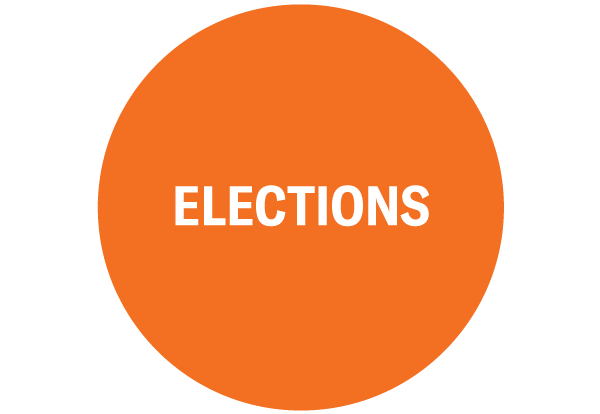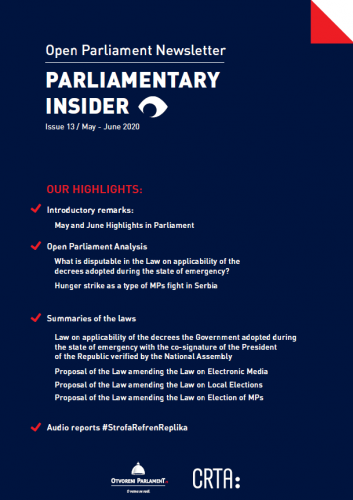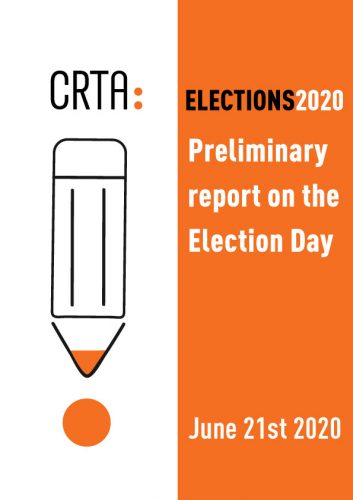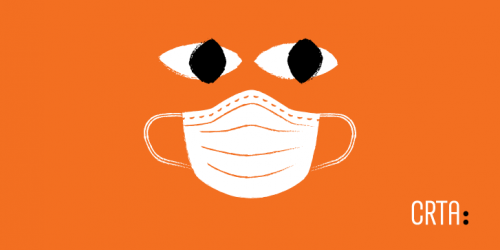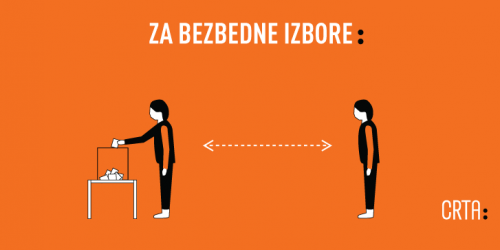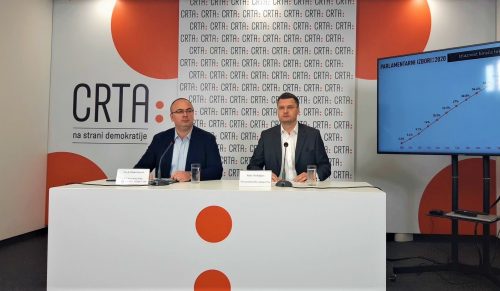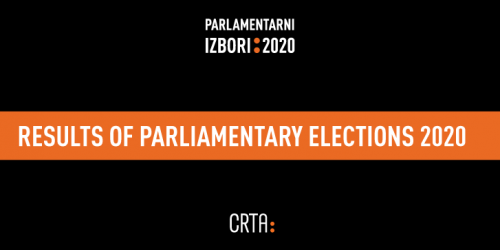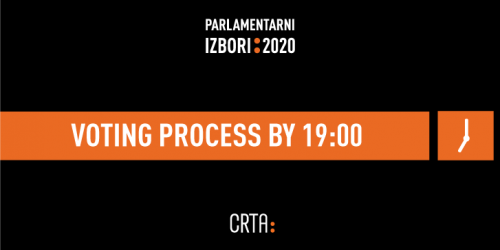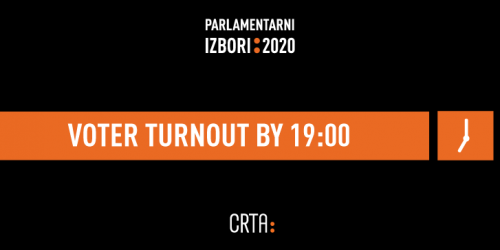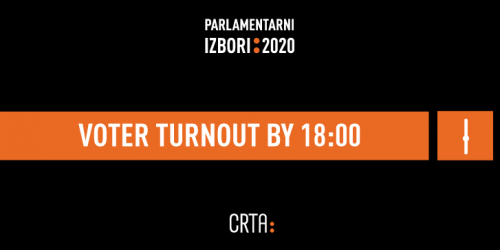The preliminary report on the Election Day of the CRTA observation mission refers primarily to the quality of the process on the Election Day and is based on information collected from more than 1,700 accredited and trained short-term observers, who were deployed on a random and representative sample of 500 polling stations1. Our observers monitored the Election Day from the preparation and opening of polling stations to their closure and the announcement of election results at the observed polling stations. In addition to observing the elections inside polling stations, some observers deployed in 150 mobile teams monitored events in front of and around polling stations, while specially trained teams of our observers
CRTA’s election observation mission has made the decision not to observe the re-vote at 234 polling stations due to the current epidemiological situation. With full responsibility for a large number of citizens, members of our civic election observation mission, who should be deployed to polling stations, and considering the accelerating number of infected persons evidenced…
CRTA’s election observation mission has requested from the Government of the Republic of Serbia, the COVID-19 Infection Disease Crisis Response Team and the Republic Electoral Commission to urgently (i.e. today) and unequivocally clarify the conditions for the conduct of the re-voting process on July 1, 2020, considering the accelerating number of infected persons evidenced in the past days.
In terms of the quality of the election day conduct and, more significantly, the entire election process, 2020 parliamentary elections are the worst among the elections that CRTA observed thus far – the CRTA’s election observation mission concluded. CRTA’s mission monitored the election day in parliamentary elections at the random representative sample of 500 polls, which ensured the assessment and reporting on regularity of the election conduct for all polling stations.
Considering the still ongoing assessment of the quality of the election process, as well as the currently processed 87 percent of the monitoring sample, CRTA unequivocally concludes that only three electoral lists passed the census:
By 7pm election irregularities were recorded at a total of five percent of polling stations, which is higher than the percentage of irregularities than in 2016 parliamentary and 2017 presidential elections.
According to the CRTA’s election observation mission, a total of 45,5 percent of citizens registered in the voters list have voted in parliamentary elections until 7pm. Margin of error was +/- 1,1 percent.
According to the CRTA’s election observation mission, a total of 41,8 percent of citizens out of 6.584.376 registered to vote at the parliamentary elections at 8.433 polling stations have voted in parliamentary elections until 6pm. Margin of error was +/- 1,1 percent.
Our topics
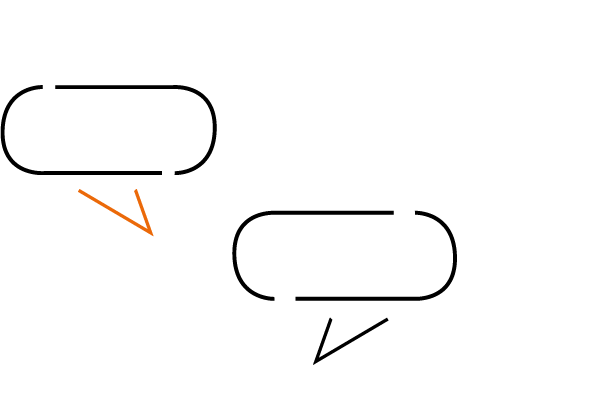
Democratic culture
Because politics is not just for politicians. It is our human and citizen right to participate in the processes of making decisions which influence our lives. A dialogue has no alternative.
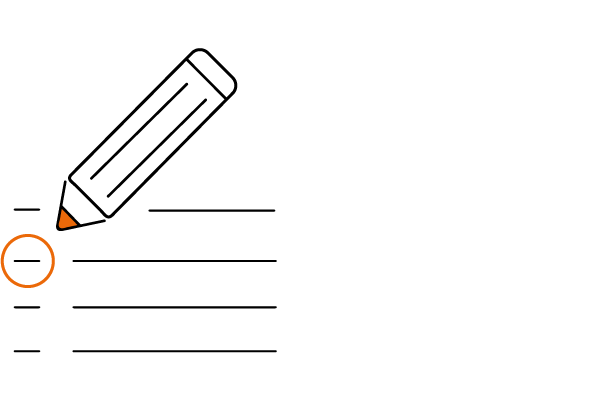
Free and fair elections
Because elections are the pillars of democracy. It is every citizen’s right to decide on whom to give his/her vote in free and fair conditions. Our vote is valuable and it can make a difference.
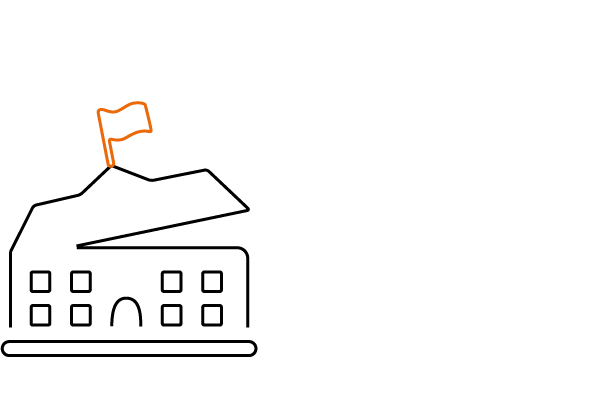
Open institutions
Because institutions serve the citizens. We need strong institutions with integrity which protect the public interest.
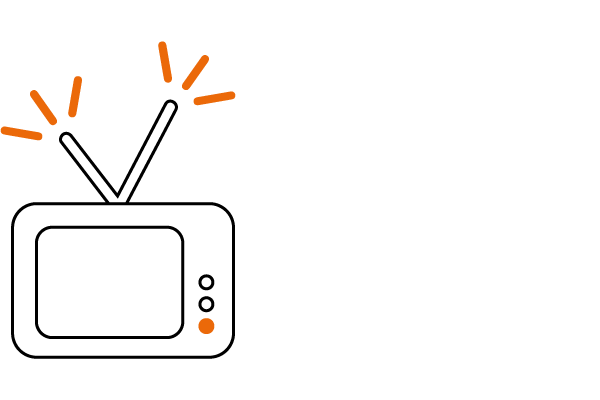
Free media
Because media should ask questions and critically analyse the reality. We need the media which protect the public interest and tackle the needs of the citizens.






